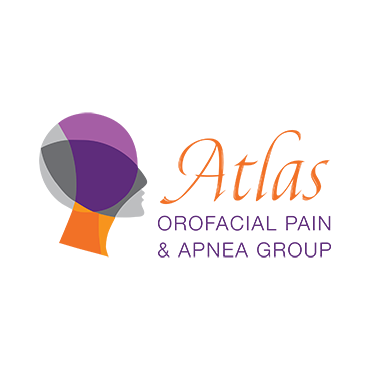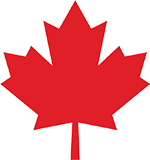Sleep apnea is a dangerous, chronic disorder in which a person stops breathing several times per hour while asleep. This results in very poor sleep and can have serious health consequences. Some symptoms of sleep apnea include:
- Snoring with pauses in breathing
- Gasping & choking during sleep
- Restless sleep
- Daytime sleepiness
Untreated sleep apnea is associated with stroke, hypertension, diabetes, decreased cognitive function, and increased chance of automobile accidents. Oral appliances for the treatment of obstructive sleep apnea and snoring are designed to hold the lower jaw in a forward, slightly open position to open up the airway and allow better breathing during sleep. Thousands of people have been helped by these well-researched appliances. Their small size, comfort, and easy maintenance make them a popular option.
Many patients are interested in oral appliance therapy because they cannot use the CPAP machine. Oral appliances are small, easy to transport, do not involve hoses or masks, do not rely on electricity, and make no noise. In many cases, oral appliances are as effective as CPAP; in some cases, CPAP is a better option. Dr. Goldberg will review your sleep study with you to help determine if oral appliance therapy or CPAP is best for you.
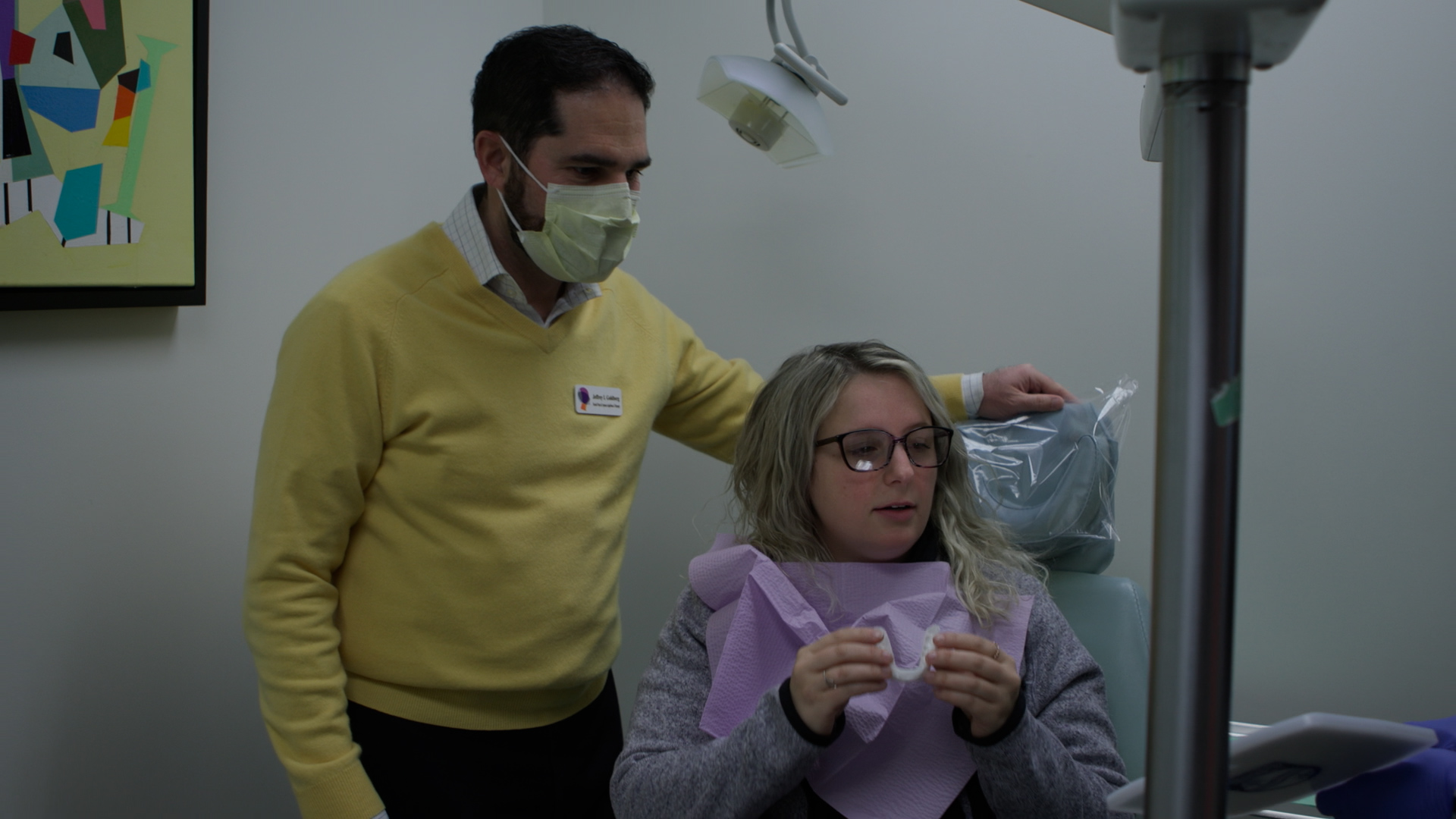
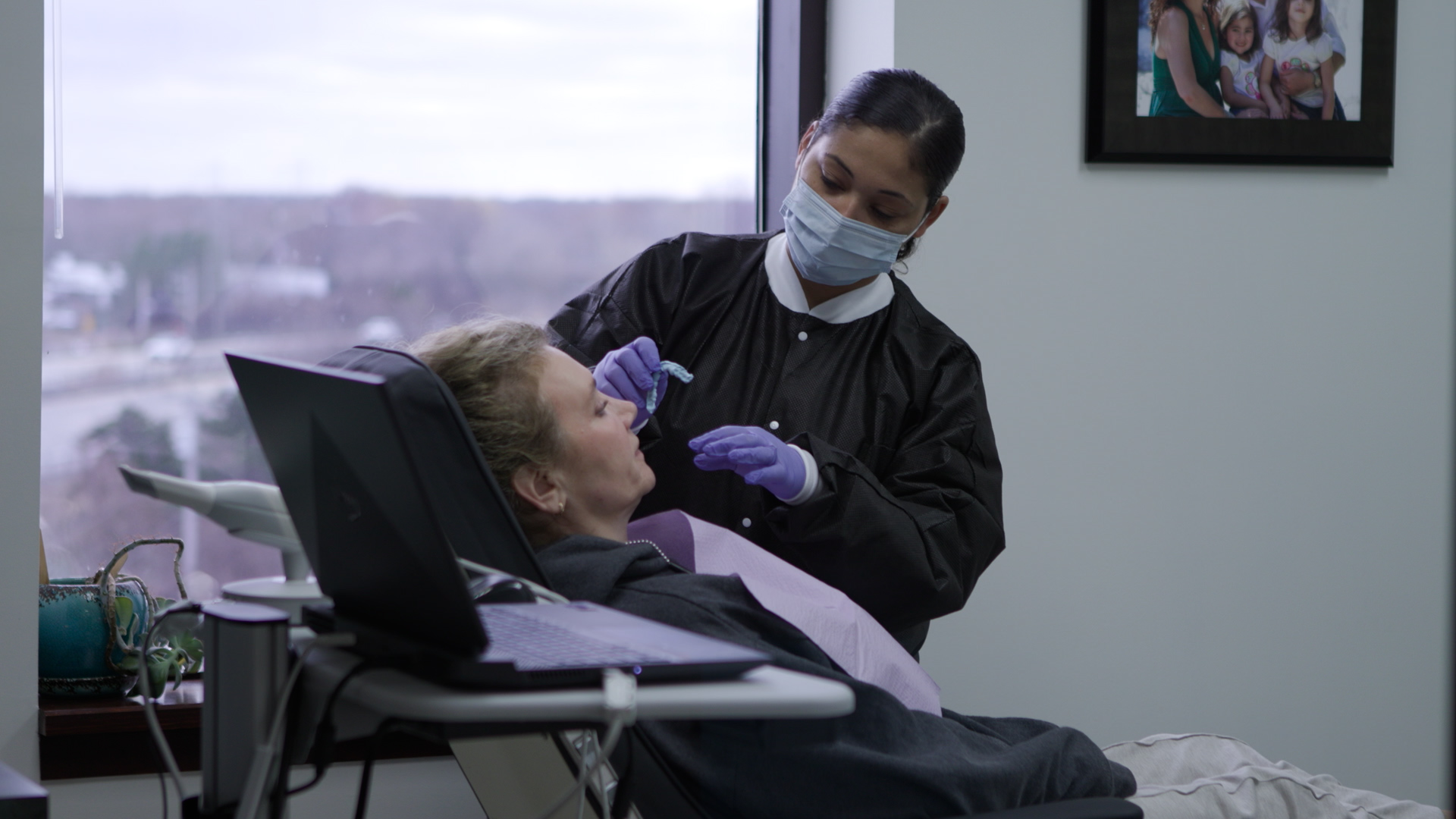
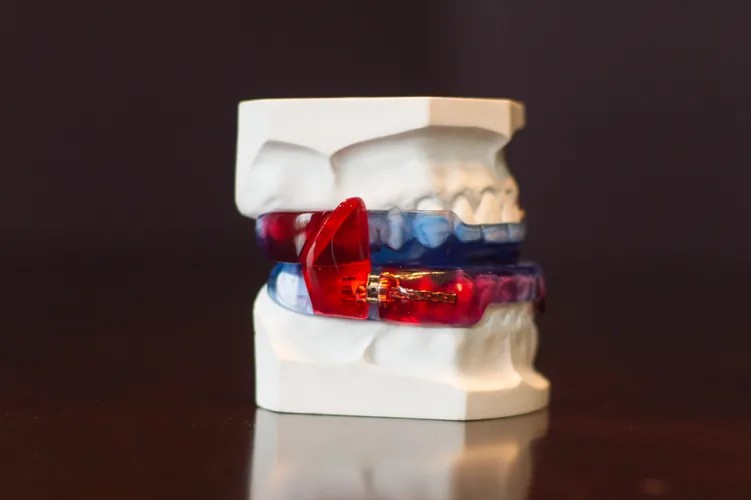
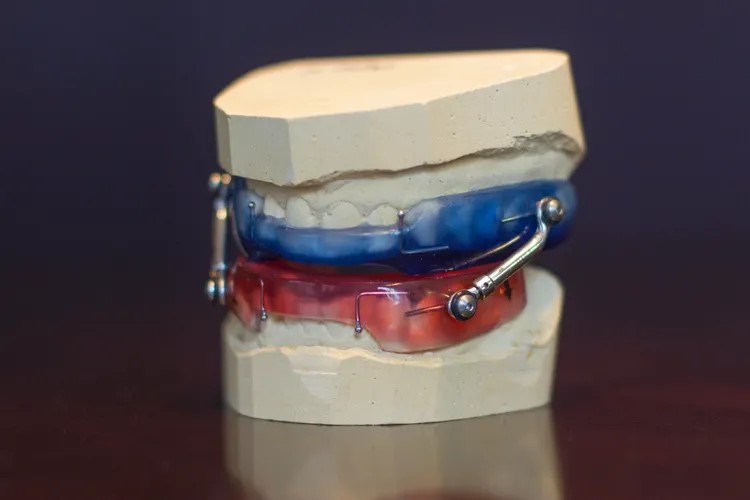
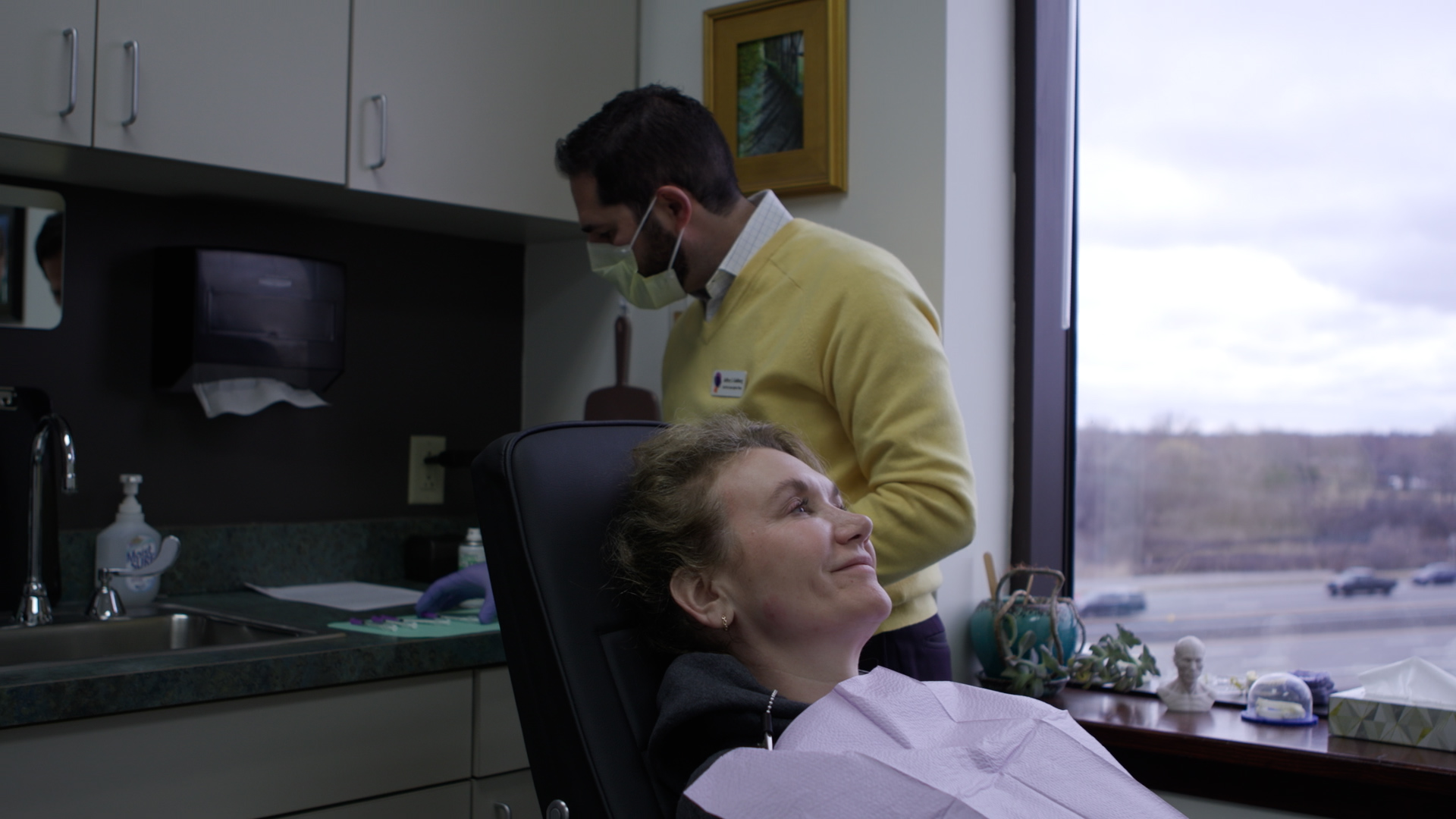
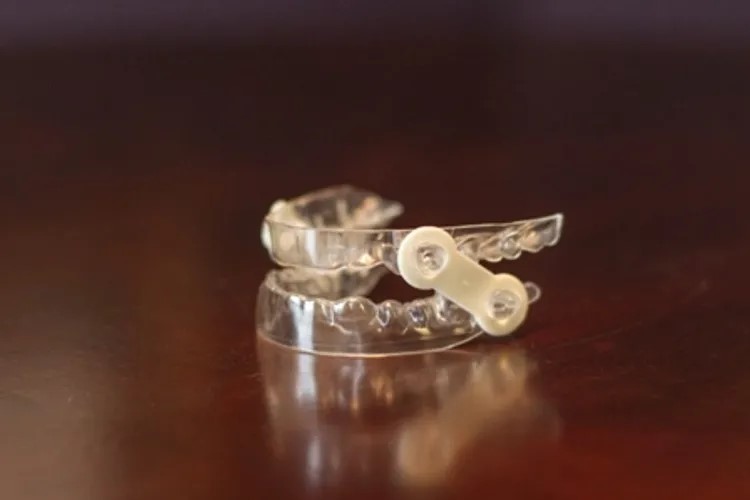
Symptoms
Sleep apnea is a dangerous, chronic disorder in which a person stops breathing several times per hour while asleep. This results in very poor sleep and can have serious health consequences. Some symptoms of sleep apnea include:
- Snoring with pauses in breathing
- Gasping & choking during sleep
- Restless sleep
- Daytime sleepiness
Some patients snore but do not have sleep apnea. The oral appliances we use for sleep apnea can also be used to stop snoring. You and your partner both need a good night’s sleep, and snoring is a truly unhealthy, disruptive condition that should be addressed if it is affecting your quality of life.
Diagnosis
The proper diagnosis of sleep apnea requires an overnight sleep study. This is done by a certified sleep physician either at their practice or at home in your own bed. During the sleep study, several body systems are monitored including breathing and blood oxygen to determine if you have sleep apnea or other sleep disorders, and the severity of the condition. Our practice works with several local sleep physicians to ensure a proper collaborative effort on your behalf.
Our practice may use our own take-home sleep study at times to see if a patient is likely to have sleep apnea, or to see how well treatment is working. Although we use a top of the line take-home system, we are not able to officially diagnose sleep apnea. If you or a family member simply wants to find out if you are likely to have sleep apnea before setting up an official study, ask us about our take-home unit.
Dr. Goldberg uses the pharyngometer and rhinometer to evaluate the airway while the jaw is held in various positions. This technology enables us to set the oral appliance in the optimal position at the outset. We are the only practice using this high-tech approach in Western New York.
Many patients snore but do not have sleep apnea. It is appropriate to have a sleep study to make sure that there is no apnea. Snoring alone is disruptive to good sleep for the patient and other members of the household, and we are happy to help stop snoring with our treatments.
Treatment
Untreated sleep apnea is associated with stroke, hypertension, diabetes, decreased cognitive function, and increased chance of automobile accidents. Oral appliances for the treatment of obstructive sleep apnea and snoring are designed to hold the lower jaw in a forward, slightly open position to open up the airway and allow better breathing during sleep. Thousands of people have been helped by these well-researched appliances. Their small size, comfort, and easy maintenance make them a popular option.
Many patients are interested in oral appliance therapy because they cannot use the CPAP machine. Oral appliances are small, easy to transport, do not involve hoses or masks, do not rely on electricity, and make no noise. In many cases, oral appliances are as effective as CPAP; in some cases, CPAP is a better option. Dr. Goldberg will review your sleep study with you to help determine if oral appliance therapy or CPAP is best for you.
